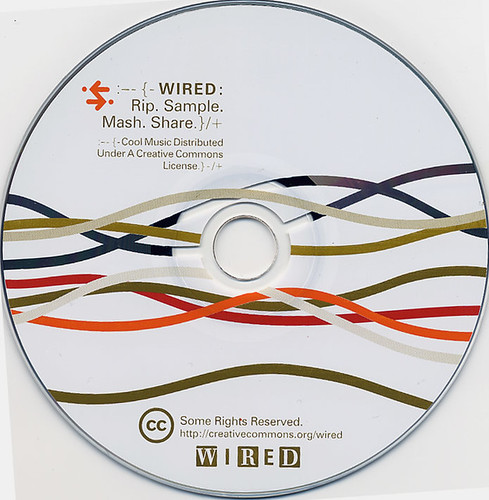
Of course, this means the RIAA also hates most of its own best music-purchasing customers.
Now, in an unusual case in which an Arizona recipient of an RIAA letter has fought back in court rather than write a check to avoid hefty legal fees, the industry is taking its argument against music sharing one step further: In legal documents in its federal case against Jeffrey Howell, a Scottsdale, Ariz., man who kept a collection of about 2,000 music recordings on his personal computer, the industry maintains that it is illegal for someone who has legally purchased a CD to transfer that music into his computer.
The industry's lawyer in the case, Ira Schwartz, argues in a brief filed earlier this month that the MP3 files Howell made on his computer from legally bought CDs are "unauthorized copies" of copyrighted recordings. [snip]
The Howell case was not the first time the industry has argued that making a personal copy from a legally purchased CD is illegal. At the Thomas trial in Minnesota, Sony BMG's chief of litigation, Jennifer Pariser, testified that "when an individual makes a copy of a song for himself, I suppose we can say he stole a song." Copying a song you bought is "a nice way of saying 'steals just one copy,' " she said.
[From Download Uproar: Record Industry Goes After Personal Use - washingtonpost.com]
I think the music industry would be in much worse shape if the iPod revolution hadn't happened.
--
update, poorly worded WaPo story (surprised?).
The only problem: No such claim was made. What RIAA lawyer Ira Schwartz wrote in a supplemental brief was: "Once Defendant converted Plaintiffs' recording into the compressed .MP3 format and they are in his shared folder, they are no longer the authorized copies distributed by Plaintiffs."from CIO Today and elsewhere.
The critical phrase there is "shared folder" because the rest of the brief makes clear that the RIAA is claiming that Howell not only ripped his CDs but also put them in his shared folder in Kazaa, thus making them available for worldwide distribution. The RIAA has successfully argued that mere presence of copyright files in a shared folder constitutes "distribution" under copyright law.
"This is a garden-variety case with a very typical dispute over what constitutes distribution," Eric Goldman, director of Santa Clara University Law School's High-Tech Law program, said in a telephone interview.
